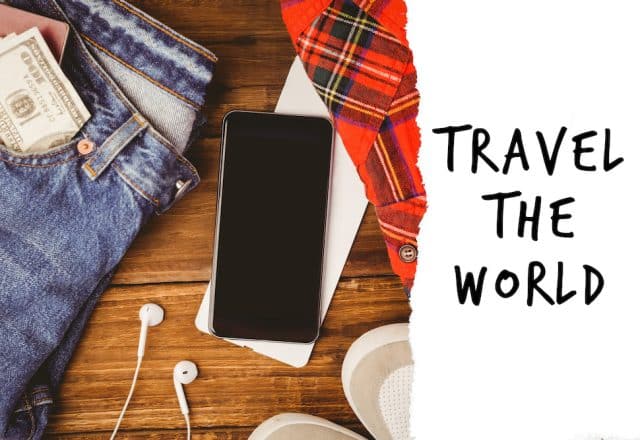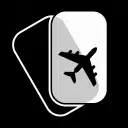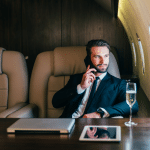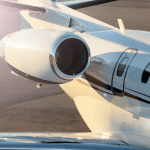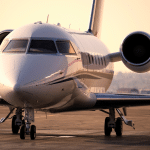Millennials Travel Statistics (2024)
Millennials, the generation born between 1981 and 1996, are a powerful force in the travel industry. Understanding millennial travel statistics isn’t just fascinating, it’s crucial for businesses catering to this ever-evolving demographic.
Unlike other generations, millennials prefer to focus on experiences that feel authentic to the local culture. They tend to use social media and trust the word of influencers to accumulate information much more than traditional advertising. They also prefer planning their own trips.
To fully capitalize on this generation’s $6 trillion global spending power, companies need to adapt the information to their new buying trends.
We’ve compiled the most important statistics on how millennials travel to help you understand what this market really wants .
Millennial Travel Trends 2024
Here are some top statistics on millennial travel.
Travel Enthusiasts
- According to a recent millennial travel survey, 49% aim to travel more this year compared to 39% of Gen X and 29% of Baby Boomers
- A whopping 77% of millennials use up all their vacation days compared to 62% of boomers.
Budget and Booking
- Millennials are dedicated to travel, with 65% specifically setting aside funds for trips.
- They leverage technology for planning, with 27% using social media to gather recommendations before booking.
Travel Style
- While relaxation is key ( 60% want to unwind ), millennials crave adventure too (52% seek exploration)
- They prioritize diverse experiences: cultural events (33%), live music (30%), and sporting events (26%) top their lists.
- Notably, 42% of millennials have traveled solo, the highest amongst all generations.
Work-Life Blend
- The work-from-anywhere trend is impacting travel too. While millennials prioritize leisure, 78% bring some work along on their getaways.
- Gen X leads the workcation trend (combining work and vacation) with millennials following closely behind.
Travel for Millennials: Tailoring Experiences to the Next Generation
The travel industry is booming, and a lot of that is thanks to millennials who love to travel. This generation is all about real experiences. They take cues from social media and make memories worth showing off.
To catch the eye of millennial travelers, businesses should focus on offering unique cultural experiences. Staying active on social media and supporting the work-from-anywhere lifestyle also helps. These moves can really pull in the millennial crowd and their spending.
Millennial Travel Elevated
While millennials crave authentic experiences, they also value efficiency and comfort. Chartering a private jet allows you to skip the long lines, security hassles, and layovers that can eat into precious travel time.
Imagine touching down directly at your destination feeling refreshed and ready to conquer your next adventure.
Stratos Jet Charters, Inc. offers tailor-made private jet trips for discerning travelers.
Contact our team today and let us create the perfect travel experience for you.
Are you ready to book your Nice and Paris charter flight yet?
Our friendly, expert air charter agents are here to answer questions or start your quote today. Don`t wait, call now and we'll get you on your way to your destination!
Call 888-593-9066